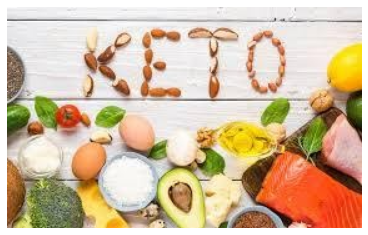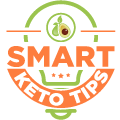
A keto diet comprises of an intake of a low amount of carbs, plenty of healthy fats, and a moderate amount of proteins.
These are the basic rules you have to follow if you want to derive faster and better results. But, these basic rules need to be understood properly so that you make no mistake. Let’s have a look at the basic dietary rules you must follow when you are on a keto diet.
Carbohydrates
When you begin your ketogenic diet plan, make sure you track the amount of carbohydrates in your meals. Keep in mind that you need to reduce your carbohydrate intake by at least 20 to 60 grams per day initially.
In some cases, the intake of 100 grams or less of carbs per day is adequate to stimulate ketosis. However, some people need to cut down their carbohydrate intake drastically to achieve the state of ketosis.
The more you reduce your carbohydrate intake, the better will be the results!
However, the idea is to reduce your carbohydrate intake slowly until your body learns to use fats to fuel its functions.
Fats
Make sure your diet comprises of healthy fats such as polyunsaturated and monounsaturated fats. Foods rich in healthy fats like omega 3 fatty acids include avocado, fish, almonds, and olive oil.
Avoid the consumption of foods contain unhealthy fats like trans and saturated fats.
Proteins
Your body needs proteins to ensure proper growth and repair the damaged tissues. Hence, you must include an adequate amount of proteins in your keto diet.
Eating an excess of proteins may interfere with ketosis while eating too less may cause fatigue. The required protein intake depends on your gender, height, and the nature and extent of your physical activities or workouts. The ideal protein requirement of the body is about 1.5 to 2 grams per kg of body mass.
To summarize, the nutritional content of a ketogenic diet includes 20 to 25% calories from proteins, at least 75% calories from healthy fats, and not more than 10% from carbs.
